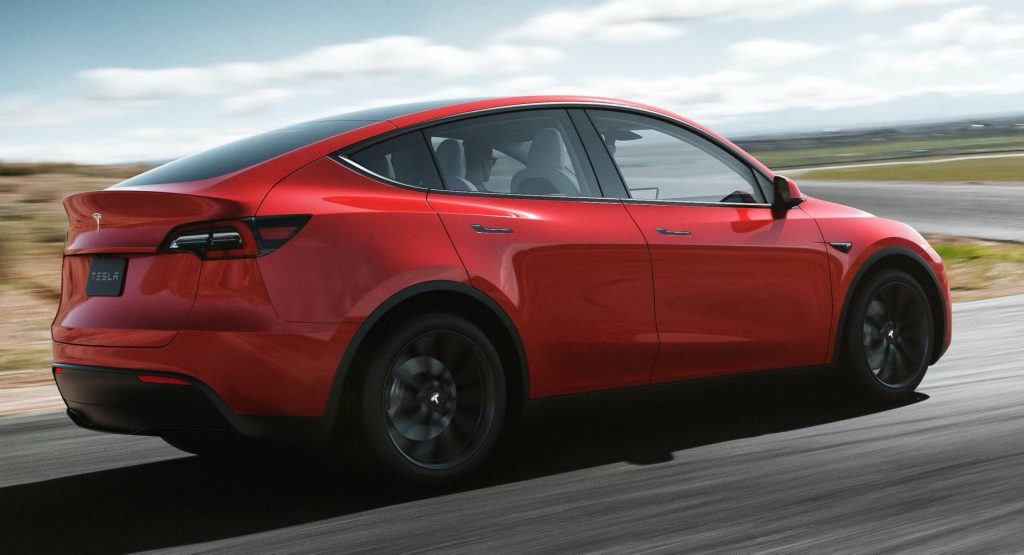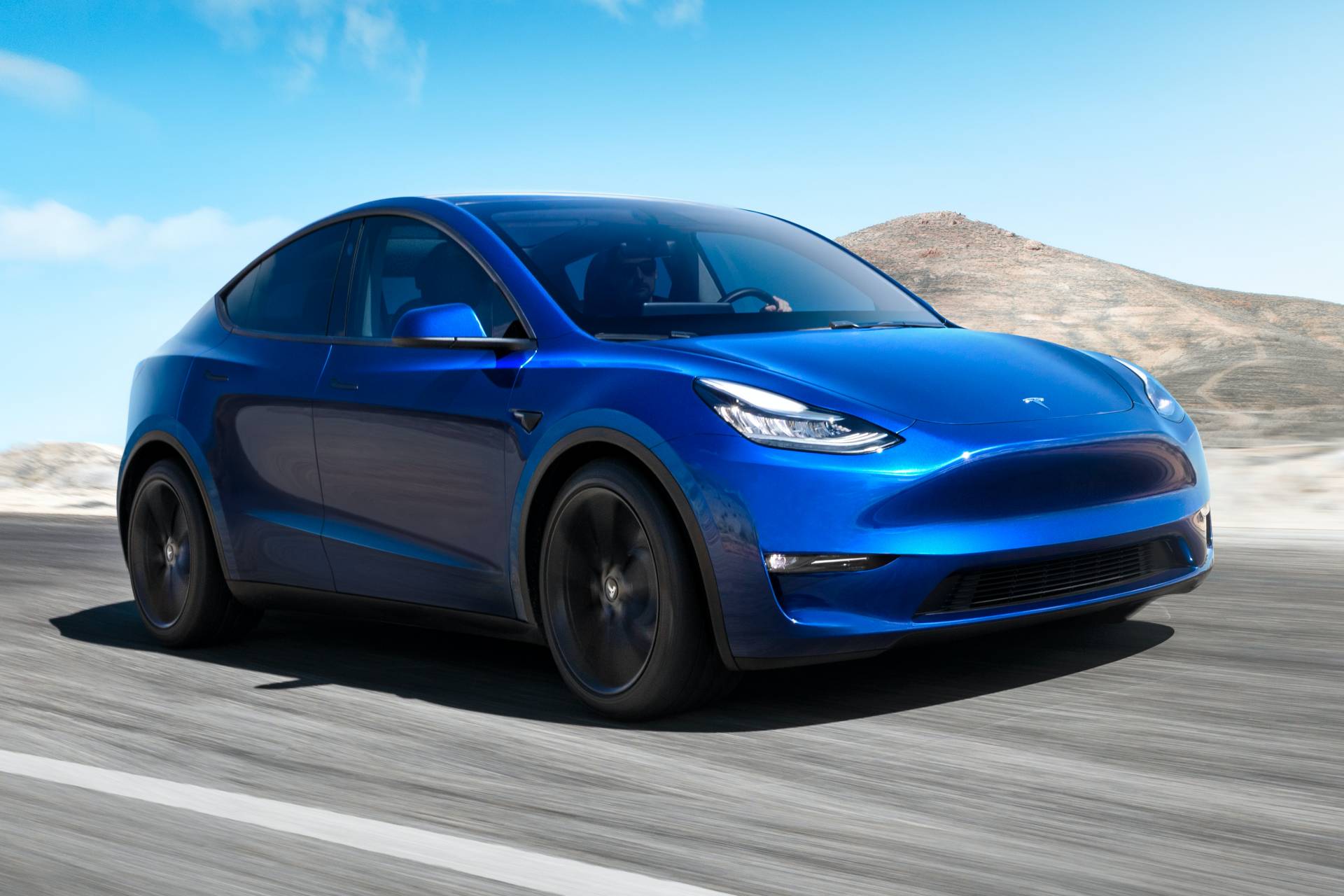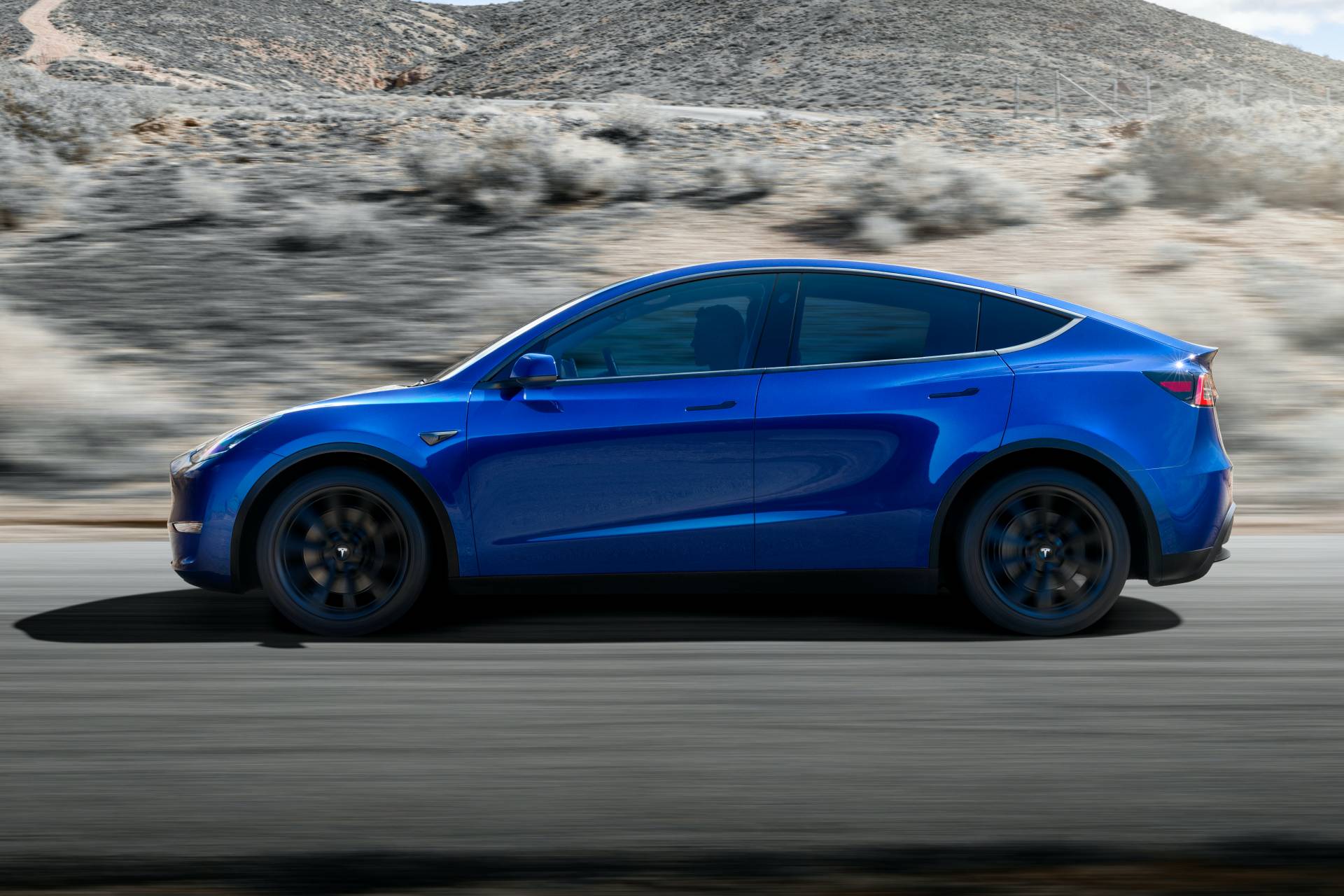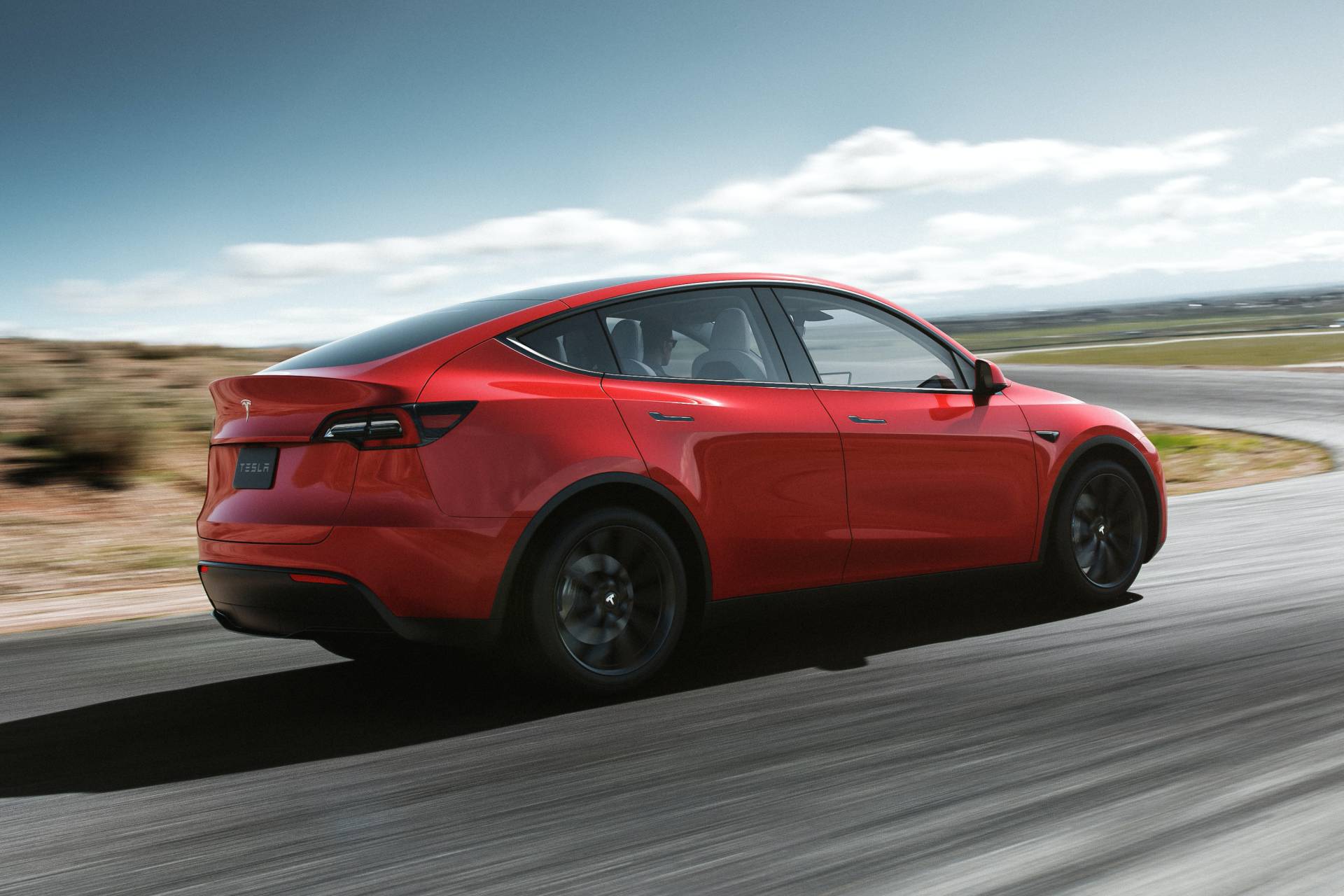Tesla has been very successful so far in challenging the status quo in the luxury car segment, especially after the launch of the Model 3, which has become a bestseller all over the world.
Germany’s big three premium carmakers now have another reason to worry, as Tesla CEO Elon Musk has announced massive investment plans in the land of Audi, BMW and Mercedes-Benz. Tesla said it would build its next factory near Berlin, along with an engineering and design center.
Both will be located near the German capital city’s new airport, Musk said as he accepted the award for Germany’s midsize car of the year won by the Model 3, which beat the likes of the Audi A4 and BMW 3 Series.
Related: Tesla’s Electric Pickup Truck Will Debut On November 21st
Will build batteries, powertrains & vehicles, starting with Model Y
— Elon Musk (@elonmusk) November 12, 2019
“Some of the best cars in the world are obviously made in Germany,” Musk was quoted as saying by Bloomberg at an event attended by the CEOs of Volkswagen, Audi and BMW. He added that the country is “not that far behind” in electric vehicles while also admitting that the market for them is “unproven.”
Musk also took to Twitter to share the good news, revealing that the Berlin gigafactory will build batteries, powertrains and vehicles, starting with the Model Y crossover. According to reports from German media, the Model 3 will also be made there later. The announcement comes just as Tesla has started selling cars built at its new plant located in Shanghai, China.
Does Tesla really need an assembly plant in Europe? Given that sales have taken off in the region over the past couple of years and local governments are supporting the manufacturing of battery-powered vehicles, a European Union-based facility seems a logical next step, yes.
However, it remains to be seen whether Germany is the best location for such a plant, given the high costs for labor and energy. On the other hand, the government and local automakers have agreed to boost incentives for EVs. That could help Germany become a powerhouse for electric vehicle manufacturing, as the country seeks to leave the combustion engine behind in a bid to reduce exhaust emissions and ensure the future of its auto industry.






